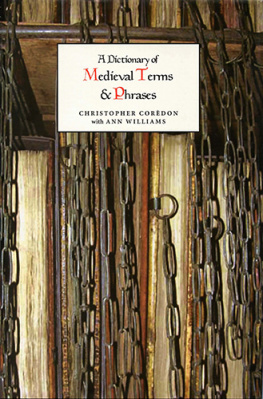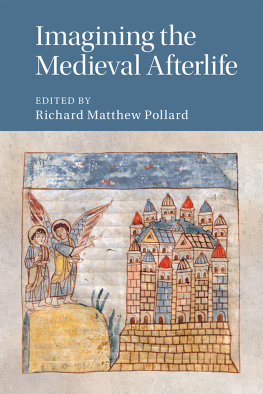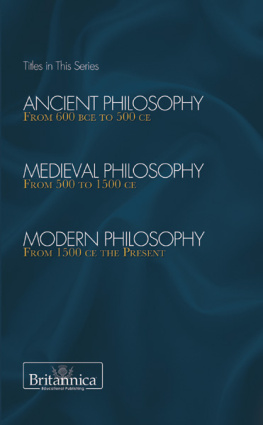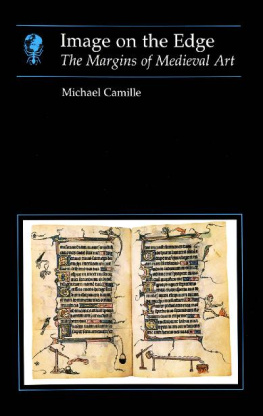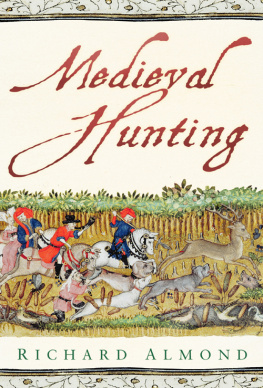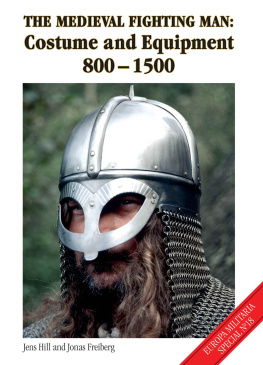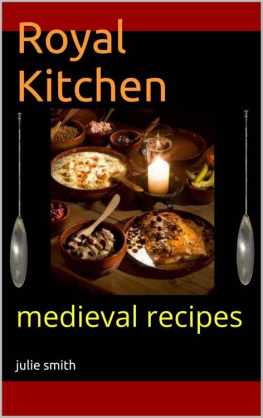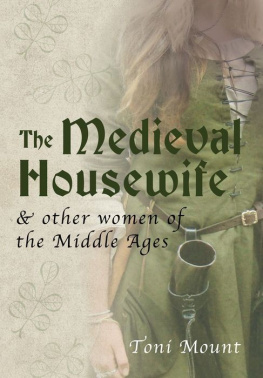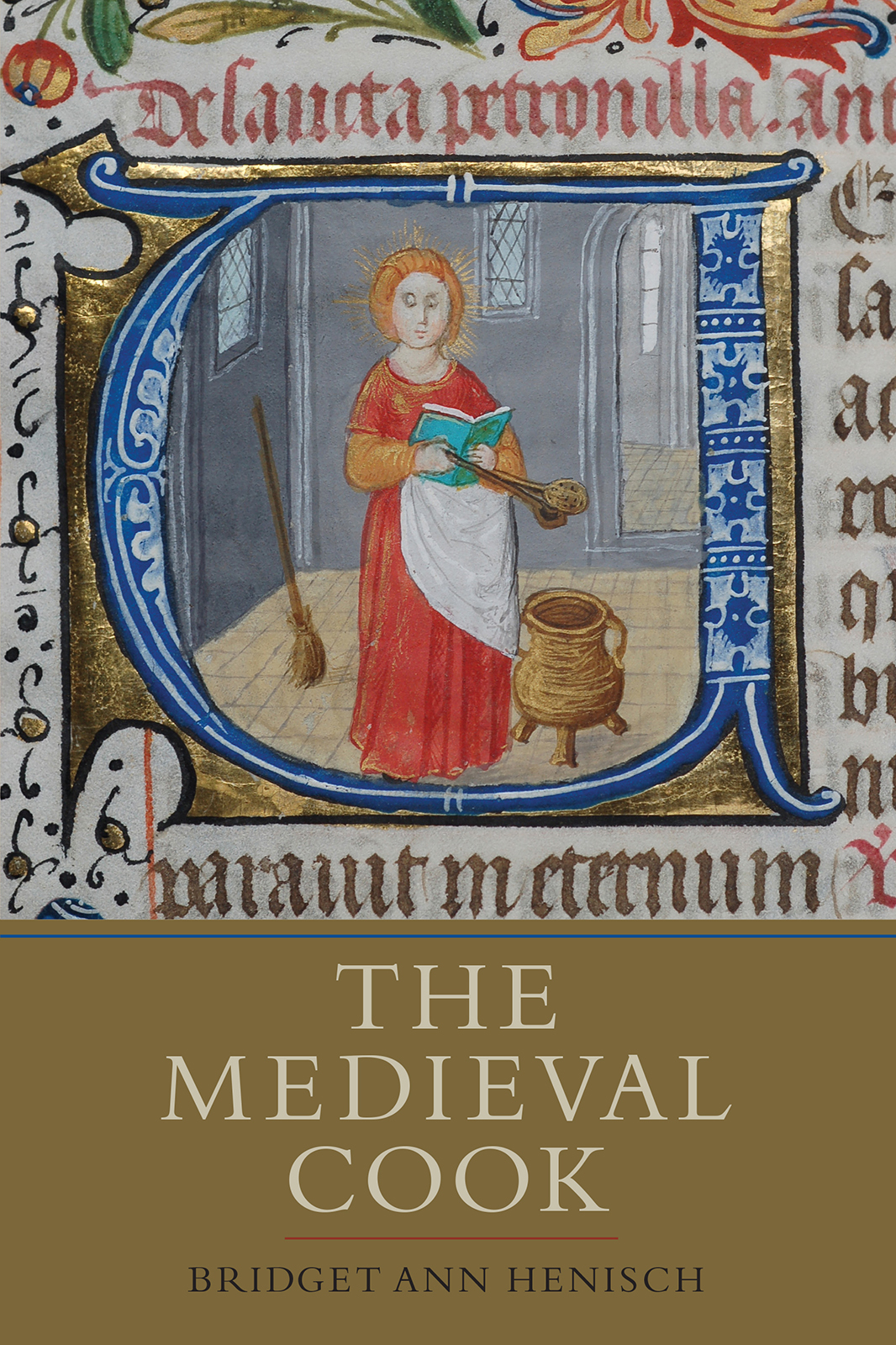A cknowledgements
A rmchair enthusiasts owe debts which can never be repaid to the explorers who have gone before them, clearing trails through the thickets, opening up vistas on to bright new prospects. The present work could not have taken shape without such guidance, both from scholars of the present day and from those of long ago who, in their books, are still alive and busie. As Hazlitt once wrote: To have lived in the cultivation of an intimacy with such works, and to have familiarly relished such names, is not to have lived quite in vain.
For their advice, affection and encouragement, I am very grateful to Anna Auer, Priscilla Bawcutt, Diana Gregson, Jean Halberstadt, Anna Ross, Lorna Walker, Peter and Phoebe Wilsher, Carol and John Wood, Erich Zettl, and Vickie Ziegler. Special thanks are due to Mercedes Lakhtakia, who never failed to read the mind of a recalcitrant computer, and coax it from sullen resistance into sunny co-operation. The greatest debt, as always, is to my husband, who did not live to see the book limp across the finish-line, but for whom every word, from first to last, has been written.
Material in A Selection of Medieval Recipesis quoted from The Goodman of Paris , edited by Eileen Power (London: George Routledge & Sons, 1928); reproduced by kind permission of Taylor & Francis Books UK.
T he C ook in C ontext
We may live without poetry, music and art;
We may live without conscience, and live without heart;
We may live without friends; we may live without books;
But civilized man cannot live without cooks.
Owen Meredith (E. R. Bulwer Lytton), 183191
The Dilemma
T he medieval cook stood in danger of double jeopardy. Whether damned for his skill or damned for his incompetence, he was assumed, always and in either case, to be working hand in glove with the powers of darkness. Moralists claimed that the Devil sent the good cooks, while lesser mortals grumbled that he groomed the bad ones. Gluttony was dangerous enough in itself; no one needed a reminder of the havoc caused by one bright apple in Paradise. Gifted cooks compounded the problem by leading their happy captives ever deeper into trouble. In skilled hands, raw ingredients were glamourized, spiced, sauced, and transformed into irresistible temptations. As one terse sentence in an early Tudor book of Latin exercises puts it: Sauce was founde by gluttony.
Lip service was always paid to such reflections. They were received, unchallenged, as self-evident truths, with grave nods of approval. The problem, as always, lay in turning theory into practice. Food is not simply an essential source of nourishment but also a most engrossing preoccupation. It has the power to give joy and comfort, at every stage of life, and in every period. In the ninth century, Walafrid Strabo, abbot of Reichenau, described with affection the glee of little boys harvesting apples in the abbey orchard. Even in such a crisis, everyday life had its imperatives.
Much-loved ingredients and skilful cooking sustain the body and (something just as important) they raise morale. Food, when good, is always a comfort, but when it is bad it dims the spirit and casts a pall over any enterprise. Even future saints are not entirely immune from depression when the diet is not to their liking. St Waldef, the twelfth-century abbot of Melrose, was the stepson of King David of Scotland. He grew up in a royal court, accustomed to fine dinners and ample portions, so the first shock of life as a Cistercian novice was considerable. Heavy manual labour, endless services and rough clothes were all bad enough, but the meagre, monotonous meals made everything so hard to bear that for a while he seriously considered giving up the whole attempt.
Hospitality
F ood also had a principal part to play in the public and private relationships of medieval society. Generosity, one of the most endearing human traits, often expresses itself in the free sharing of food with others, and is shown from the first, in the loving impulses of childhood: A chyld gevyth largely of his breed to his felawys, and to houndys and to cattys.
Hospitality was both a demonstration and an exercise of power. The maintenance of a household in style and splendour was evidence, for every eye to see, of standing in the world. Invitations offered or withheld were clues to shifting alliances, the ebb and flow of power. Bonds of mutual service and obligation were strengthened by the image, and reality, of the shared feast. Its position at the heart of day-to-day affairs, and of the organization of society, gave the feast importance, and that charge of energy which comes with a sense of occasion. It also offered many other kinds of pleasure to be relished. The quality of the food and drink served, the touch of theatre in the presentation, the gossip and the laughter, all created a glow of excitement, and heightened the drama of the event. Dante first met and fell in love with Beatrice at a feast, and this came as no surprise to Boccaccio, his biographer, for at feasts, the sweetness of the music, the common joy, the delicacy of the meats and wines can make the hearts of mature men much more of young people more open to be caught by whatever pleases them.
The feast even made its own contribution to the Churchs teaching on moderation, which was driven home by the patterning of each week and each year with an alternation of feast and fast, for how was it possible to feel the full spiritual benefits of abstinence, without having some abundance from which to abstain? Voluntary acceptance of denial in the midst of plenty was a better teacher of the soul than grinding poverty and inescapable hunger.
The feast was important, not simply as a source of pleasure but of power. That is why people fussed and fretted over each occasion, spent too much on the ingredients, paid far too much attention to the details, tried to outshine their peers with ever more elaborate entertainments. Sharp-tongued preachers pinpointed the feasts mesmerizing ability to distract its devotees. From the first plan of campaign to the post-mortem, hosts were preoccupied: first, in busynesse of getynge and dightynge of mete, afterward in the lust and delite in etynge, and the thridde, whan thei recorde how wele thei beth fed, the whiche is veyn glorie.
The social significance of feasting, and the prestige accorded to fine dining and refined dishes had one minor, interesting consequence. Many men whose position in the world made it unthinkable for them to cook for a living, nevertheless paid knowledgeable attention to cookery itself. Even so grand a figure as Henry Grosmont, Duke of Lancaster (131061), included a detailed recipe for rose water, and another for a rich chicken broth, in his own book of devotions.
The Consuming Passion
F ood, and taste, likes and dislikes, the horror of hunger and the joy of plenty, were all such engrossing concerns for everyone, indeed, that an alert awareness of cooking methods and techniques showed itself at every stage of life, and surfaced in a hundred chance allusions. Hot fire, sharp knives, the murmur of a simmering stewpot, the hiss and crackle from a frying pan, the smells, the colours, the conjuring tricks which turned raw ingredients into delicious dishes, all added their own touch of theatre to the most everyday routines. It is no wonder that children loved to get as close to the action as possible. The border of the calendar scene for December in a Flemish manuscript, the Grimani Breviary ( c. 151718) shows one small child warming its hands at a bright, hot oven while the mother bakes a batch of bread, and other, older boys watching as the bristles of a slaughtered boar are singed away, before the carcass is cut up into joints. An English contemporary, Alexander Barclay, could explain just what everyone was dreaming of at such a moment:

